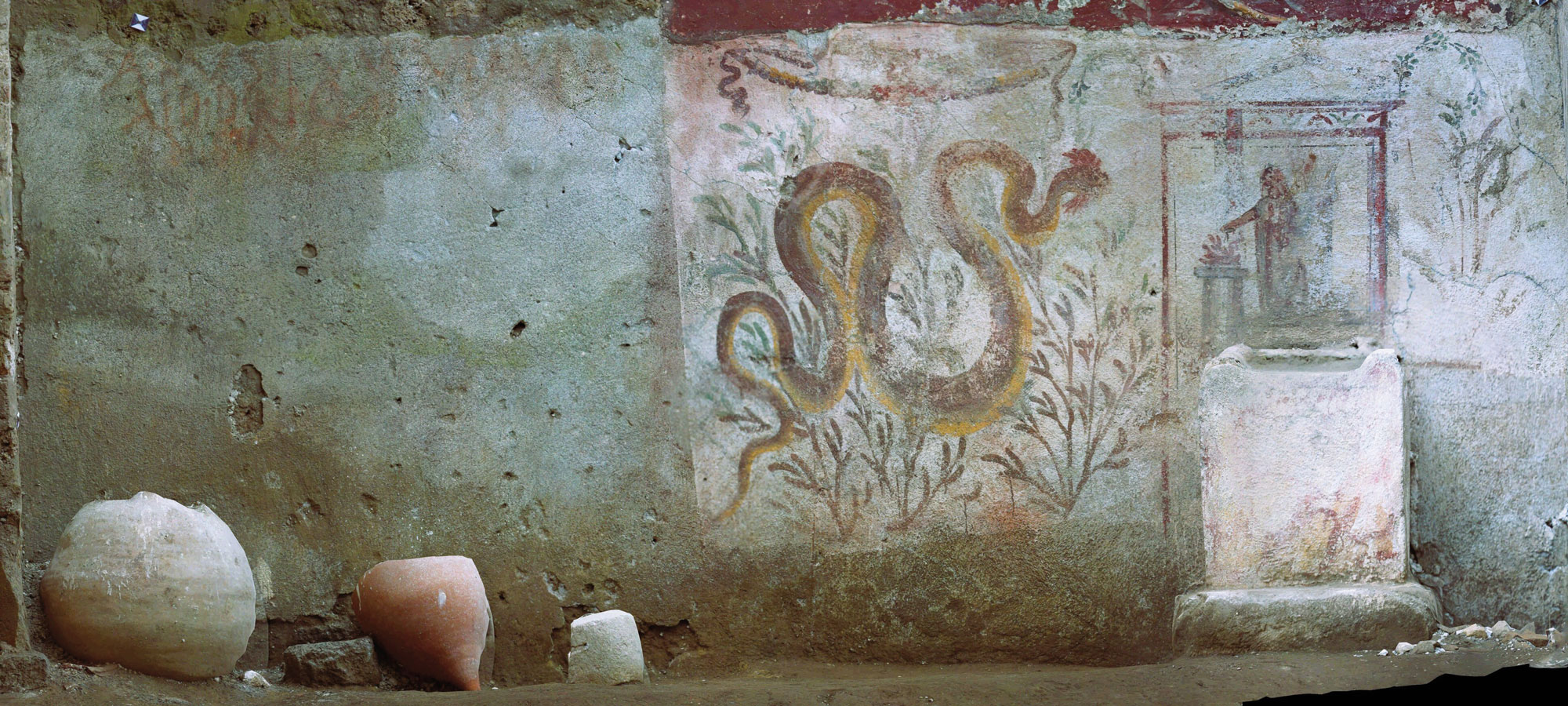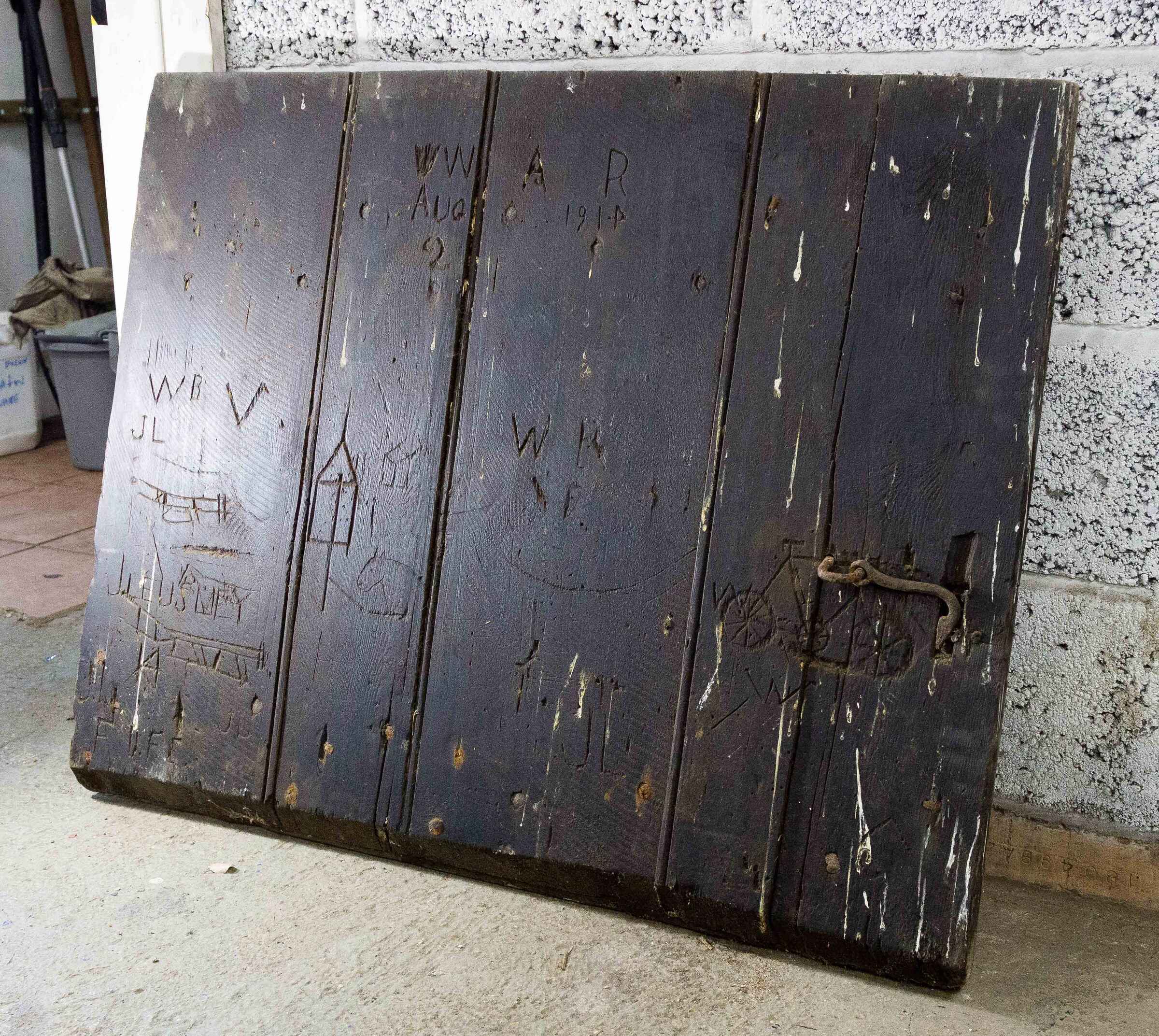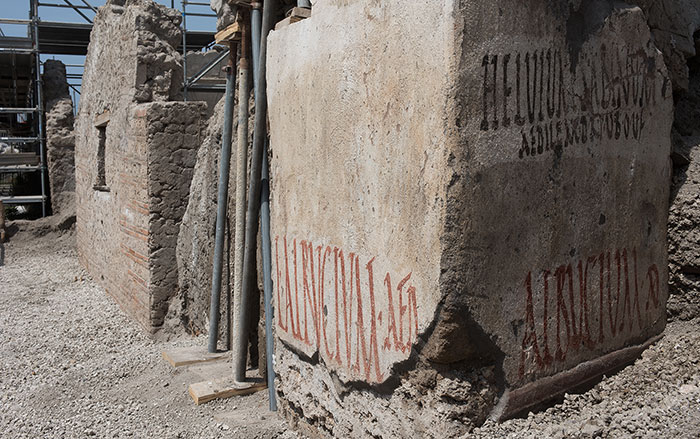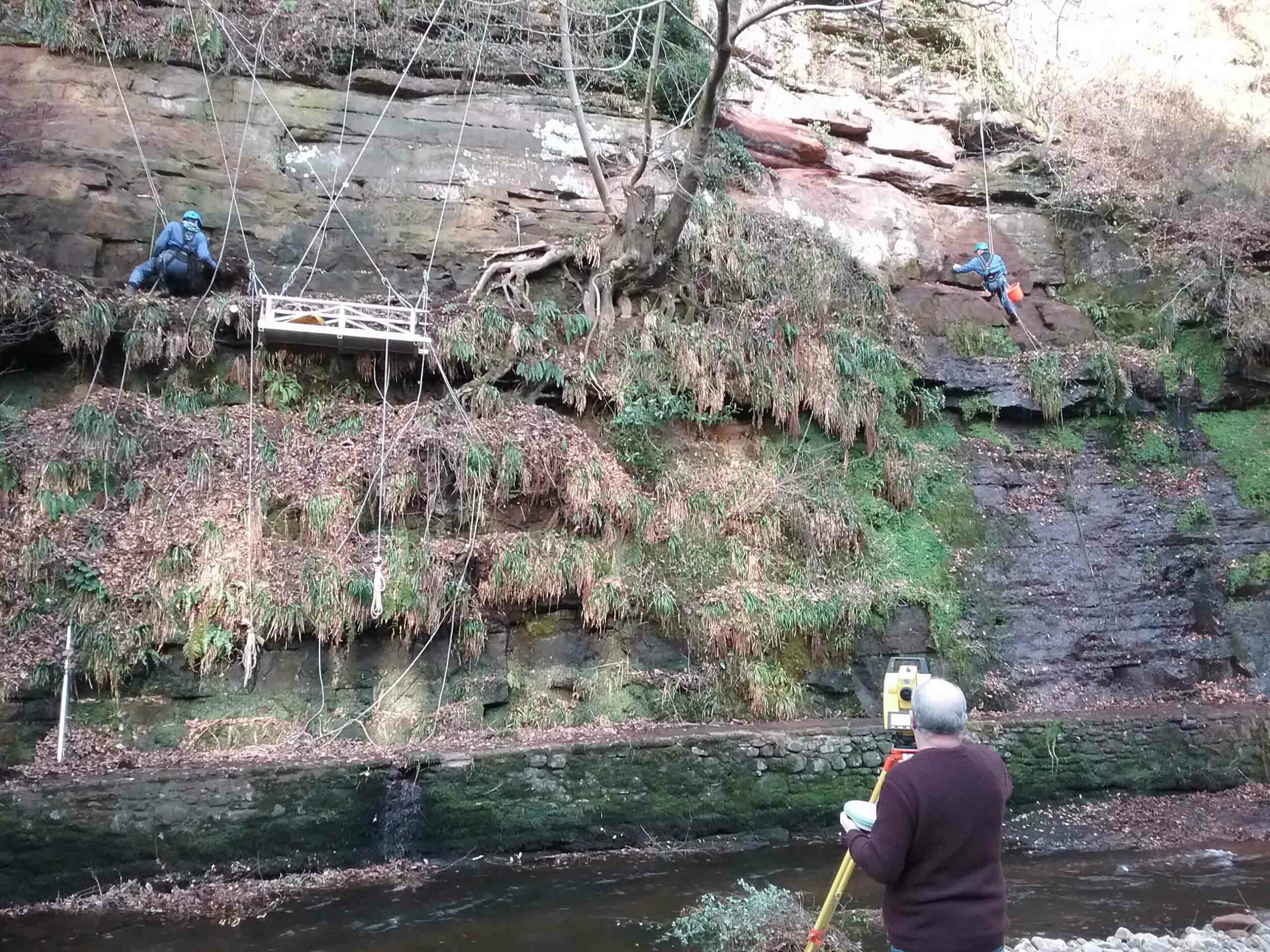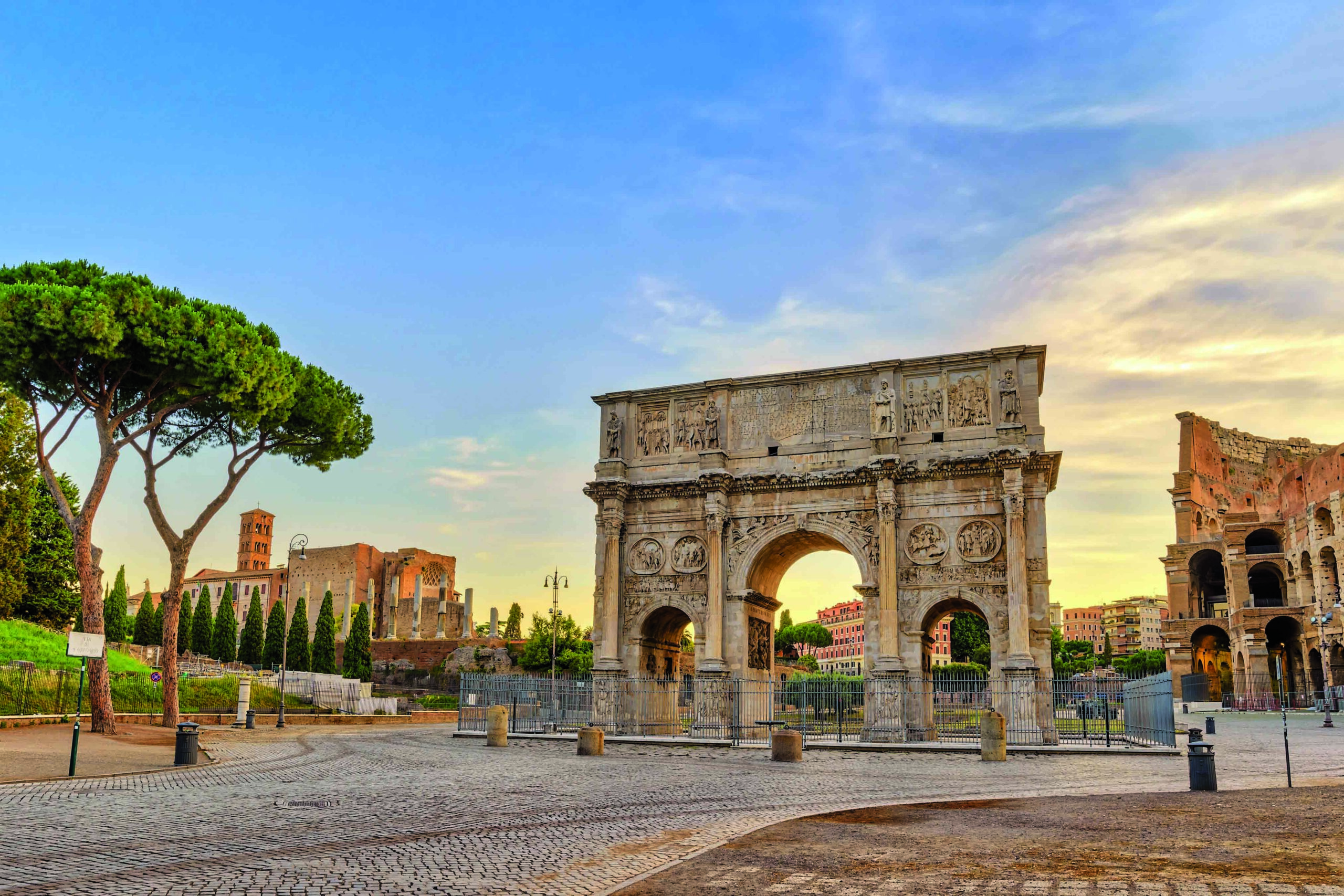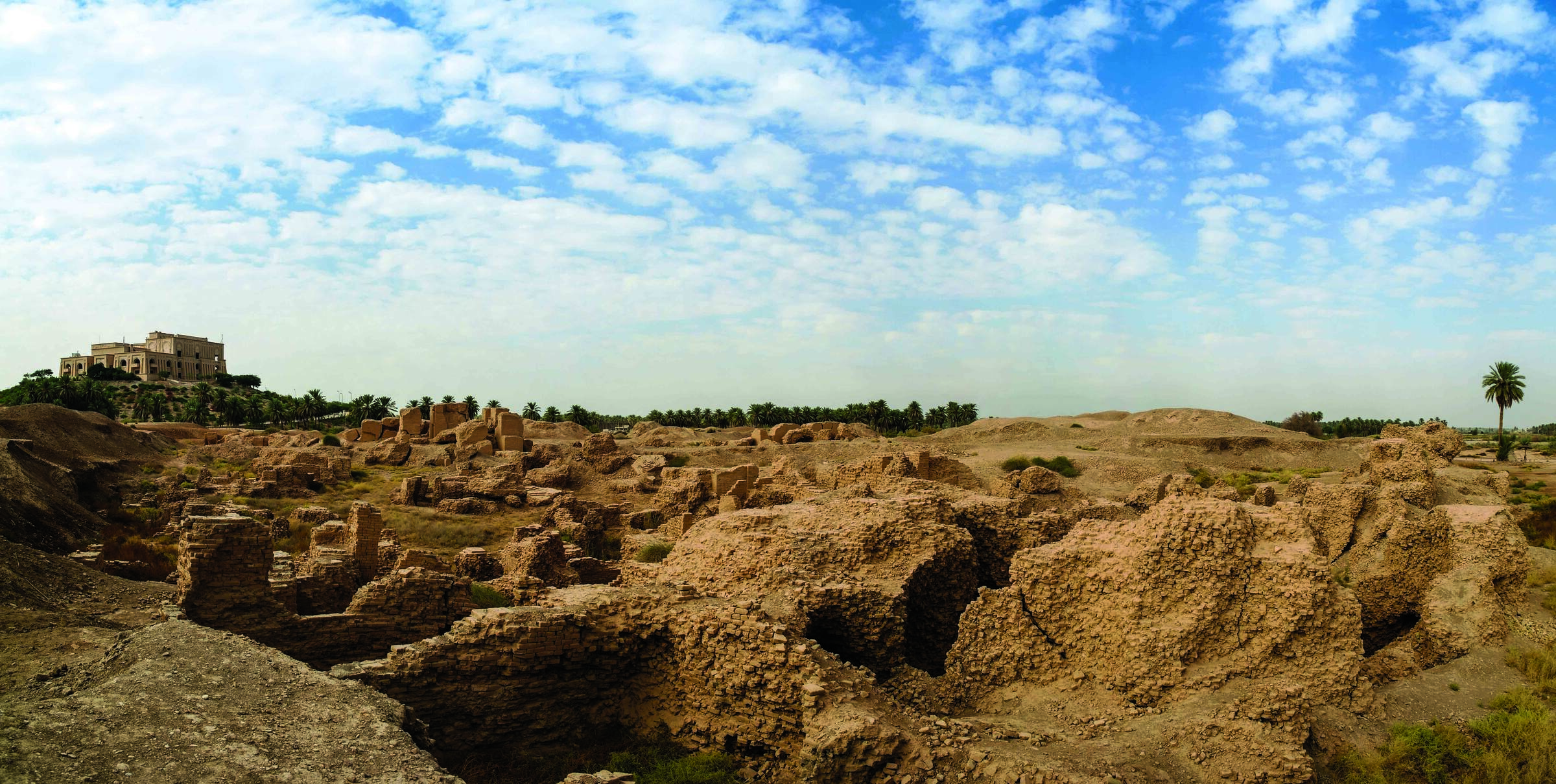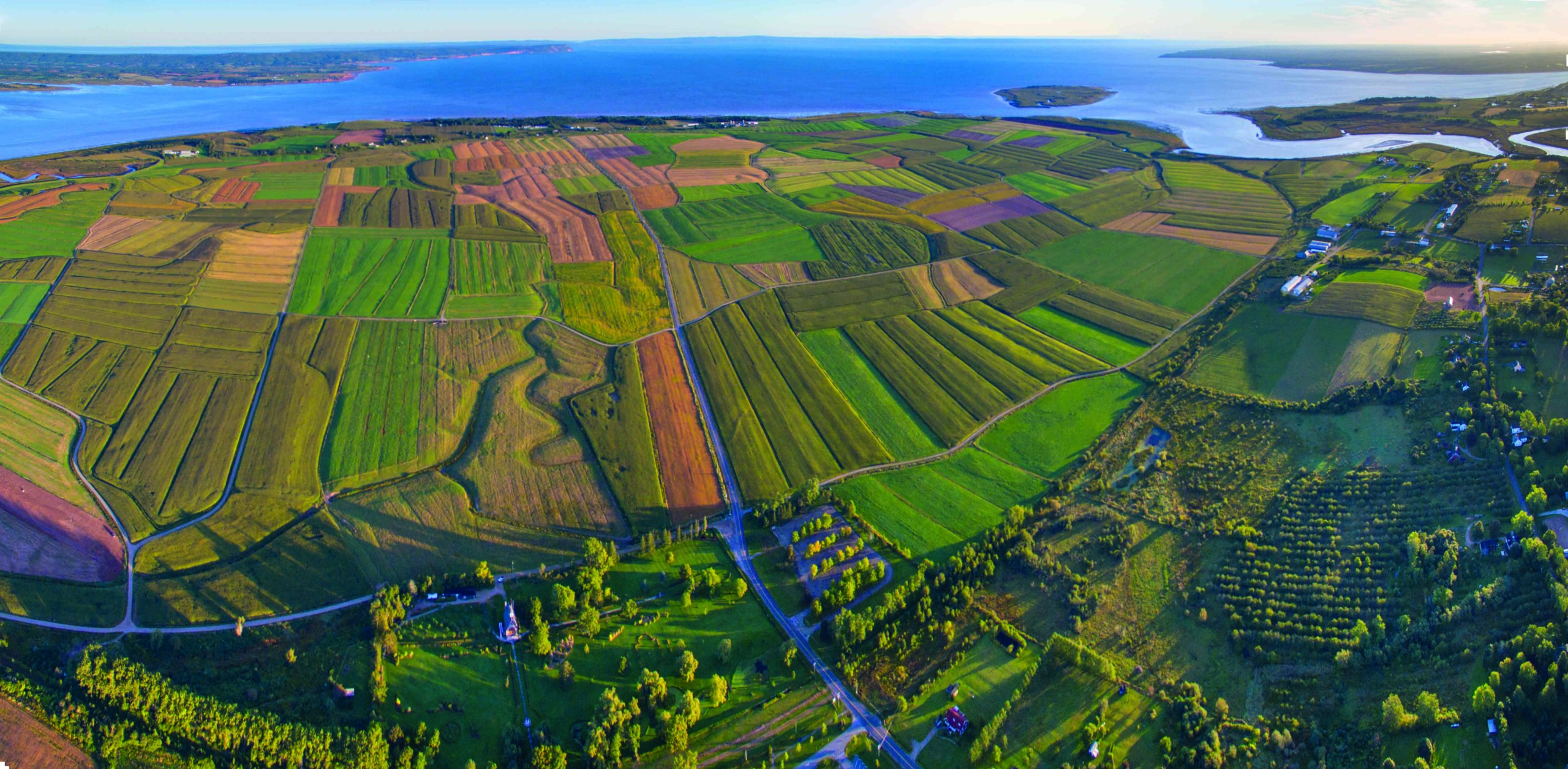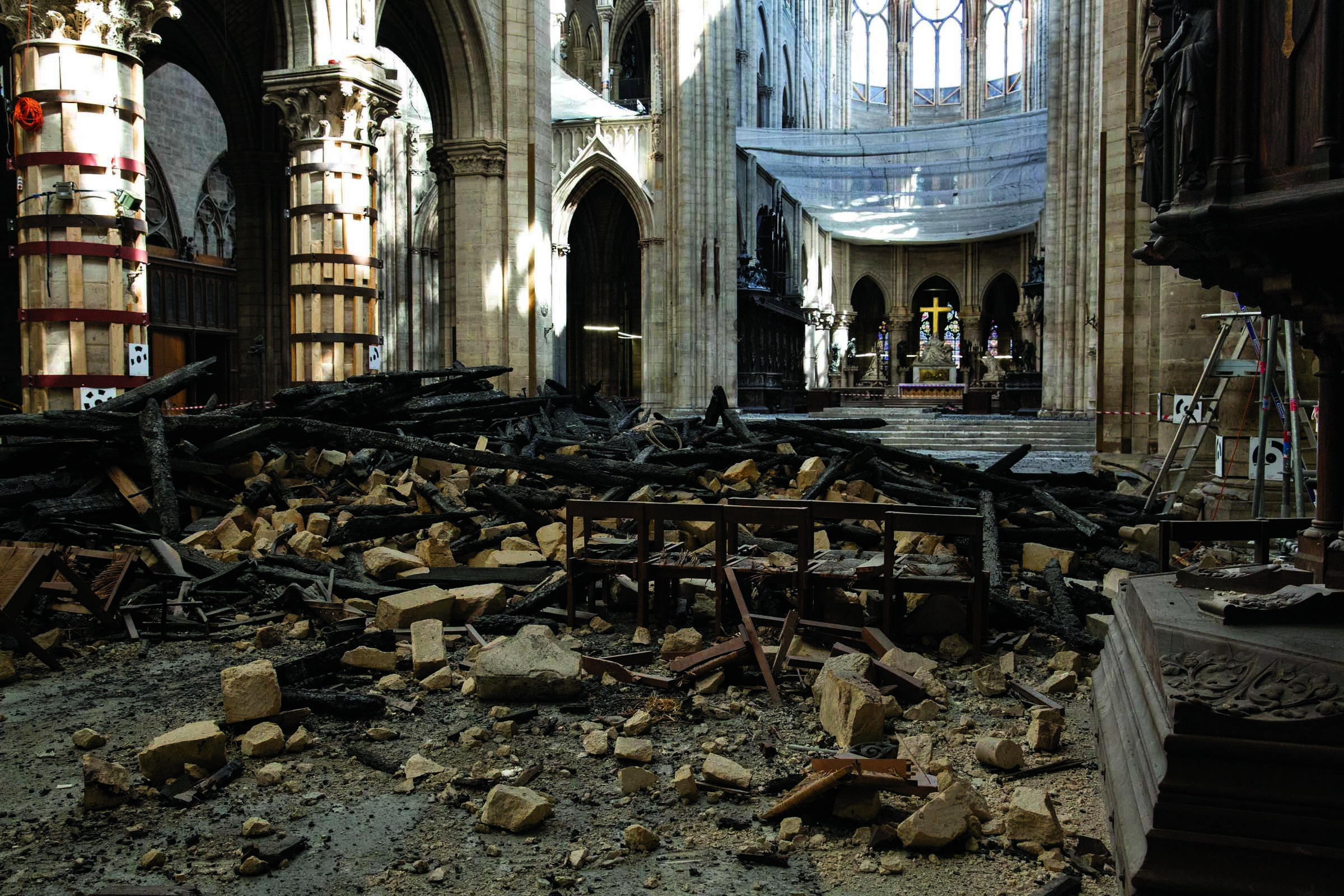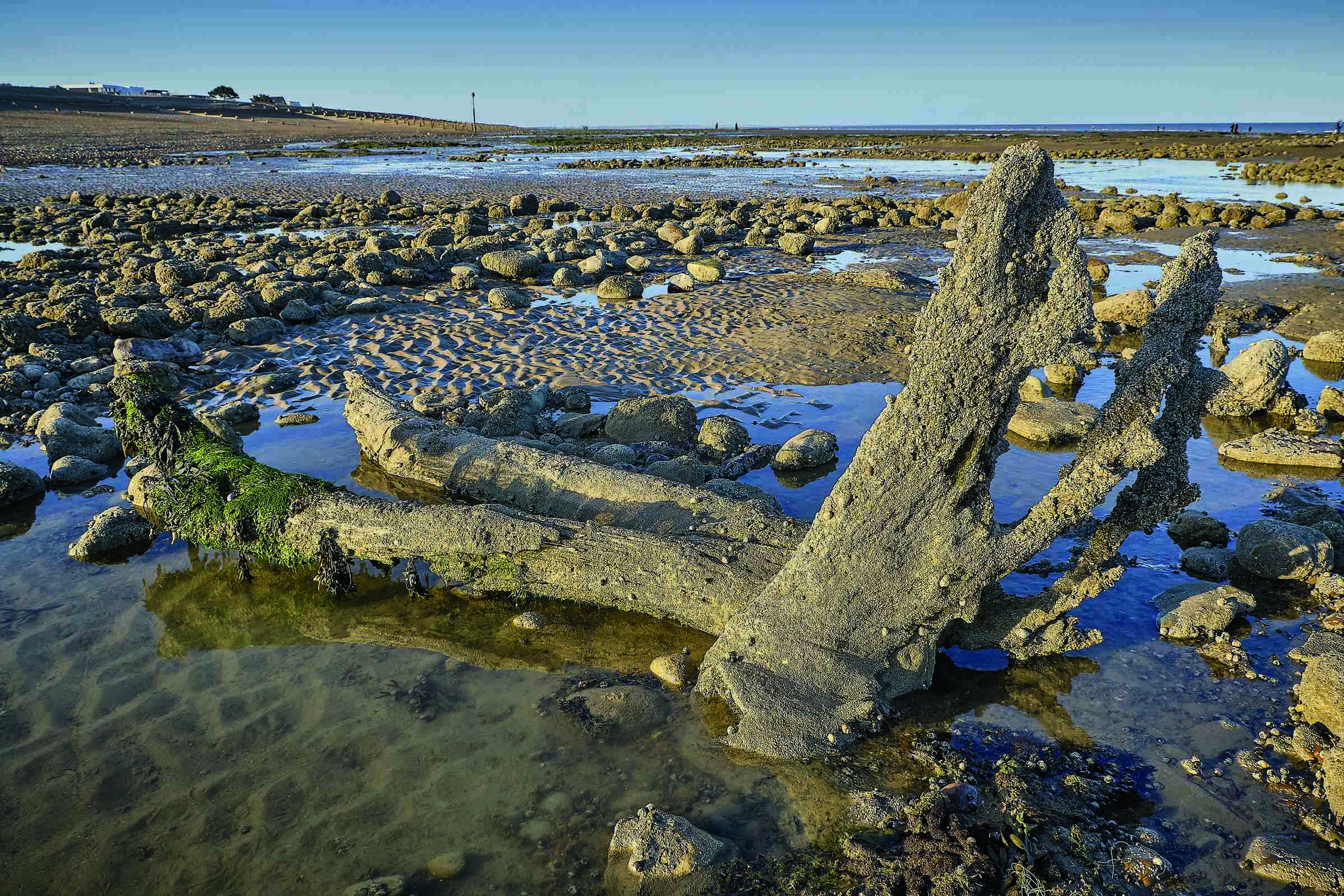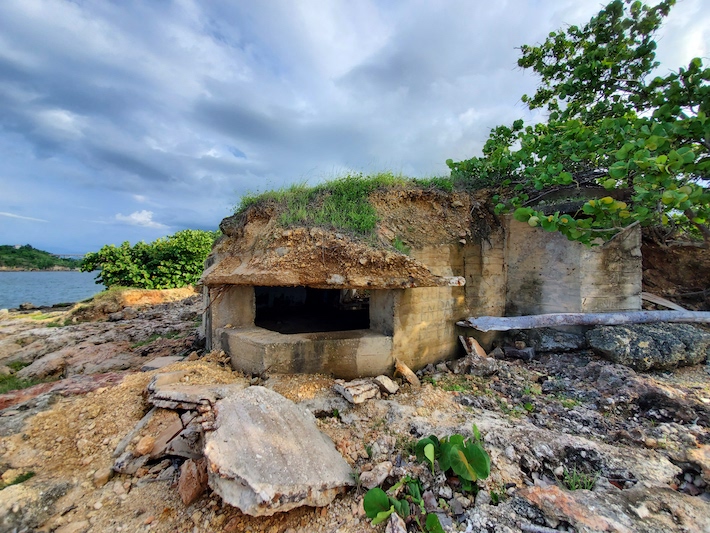
SYRACUSE, NEW YORK—Esteban Grau González-Quevedo of the Antonio Núñez Jiménez Foundation for Nature and Humanity and Odlanyer Hernández de Lara of Syracuse University conducted a survey of concrete bunkers and trenches dug into the bedrock along Cuba’s coastline, and documented them with 3-D photogrammetry, according to a Live Science report. In 1962, the Soviet Union placed nuclear missiles on the island, which is located just 124 miles from the United States. The U.S. threatened to invade if the missiles were not removed, leading to a tense 13-day standoff between the two nuclear powers known as the Cuban Missile Crisis. The structures under investigation were built to defend Cuba against this possible U.S. invasion. “Some of the inscriptions relating to the time of the Missile Crisis are very interesting, including one that reads: ‘aquí no se rinde nadie’ (no one is giving up here),” de Lara said. Some of the now-abandoned structures have been damaged by coastal erosion, he added. To read about a survey of indigenous sites on the island, go to "World Roundup: Cuba."


